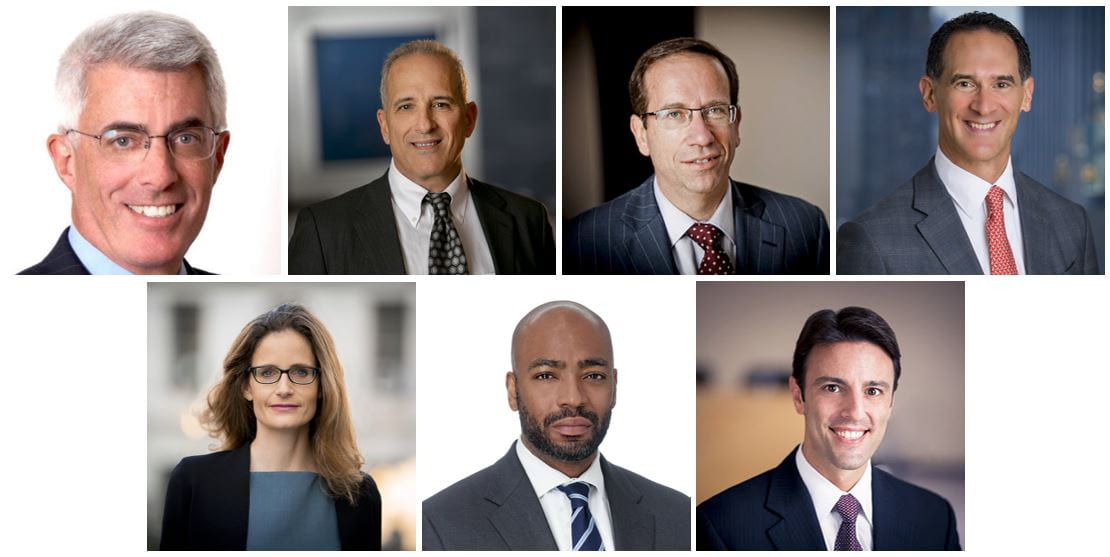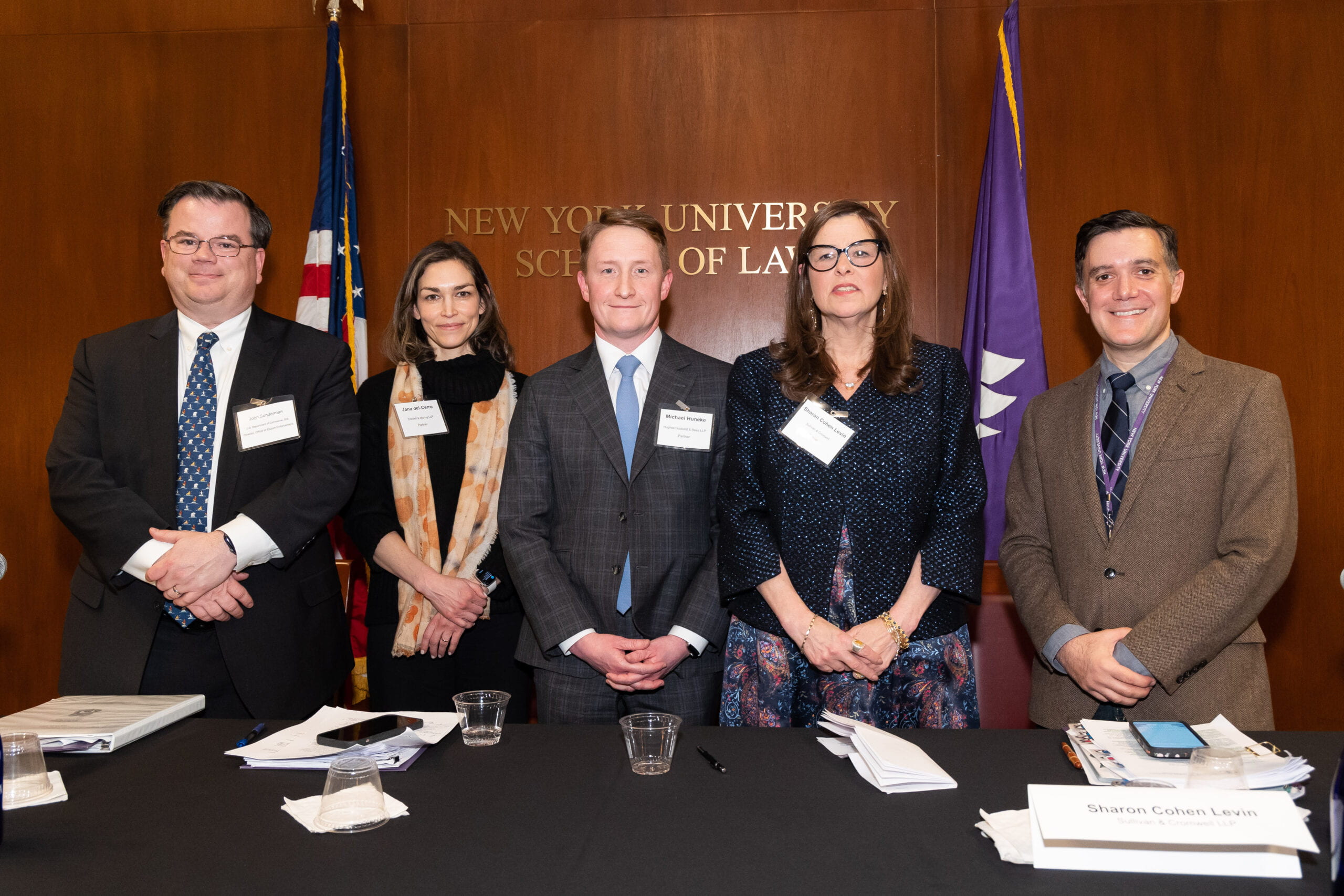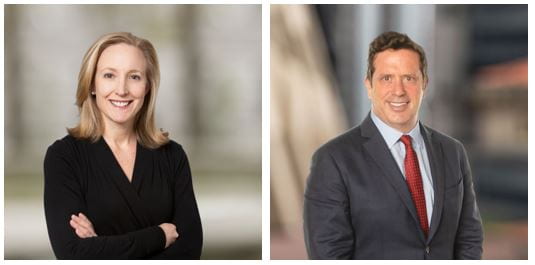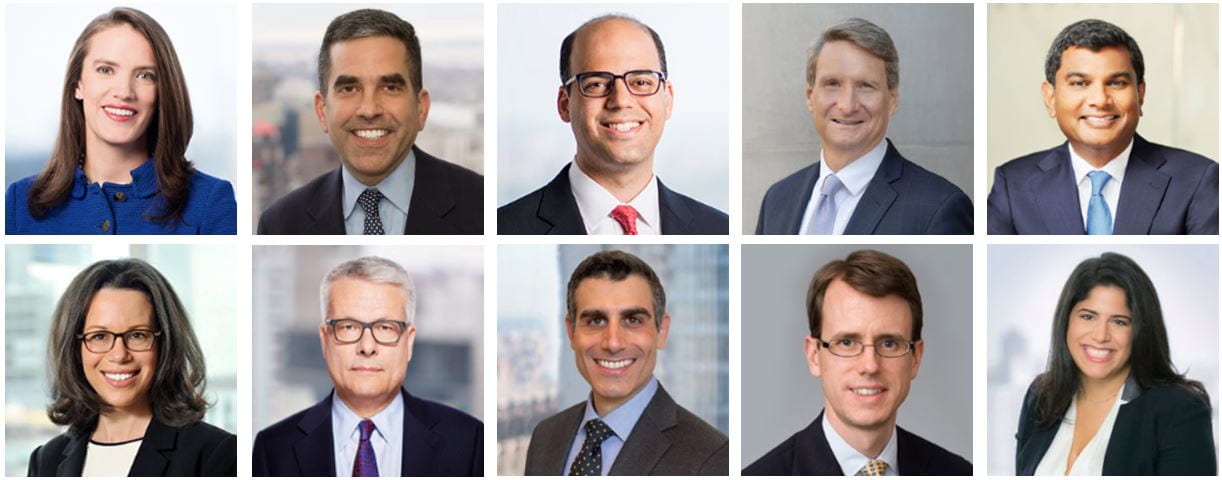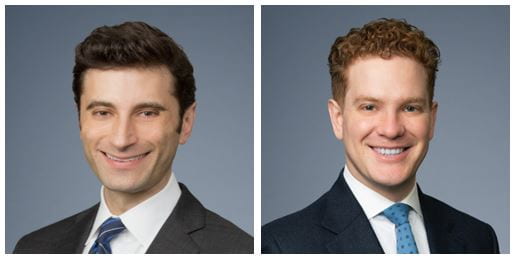by Stephen M. Kohn, Alyce Petit, Kate Reeves, and Geoff Schweller

Left to Right: Stephen M. Kohn, Alyce Petit, Kate Reeves and Geoff Schweller (photos courtesy of authors)
Corporate whistleblowers who report through internal compliance channels face higher rates of retaliation than those who report externally to the government, according to research published in a working paper on the Social Science Research Network (SSRN).
An analysis of 8-years worth of Dodd-Frank Act and Sarbanes-Oxley Act (SOX) whistleblower retaliation cases found that over 90% of the cases involved internal whistleblowers.
These findings are of particular importance in light of Congressional efforts to amend the Dodd-Frank Act to extend anti-retaliation protections for internal whistleblowers. They also validate the importance of regulations by the U.S. Securities and Exchange Commission (SEC) and Commodity Futures Trading Commission (CFTC) that explicitly do not require whistleblowers to make internal reports prior to qualifying for a reward under the Dodd-Frank.





